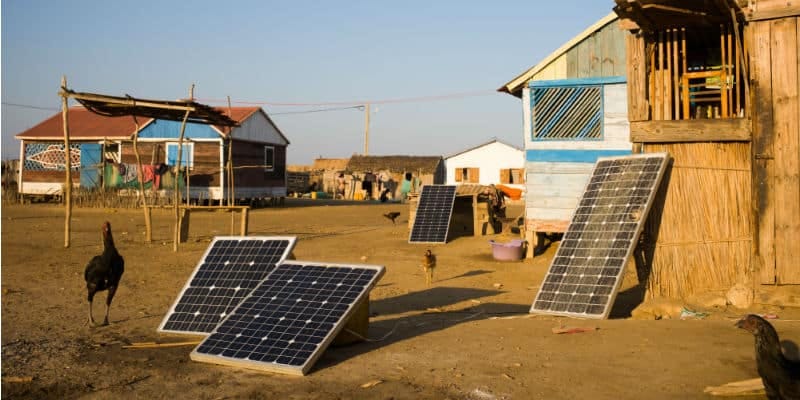What the article describes means so, so much. Being able to have electric light, to charge a phone, this was not a given for so many people. I think it’s huge.
AFAIK, alone air pollution from kerosene fuel in the house is in Africa a leading cause of death.
You know that feeling when you’re waiting for the cable guy, and they said ‘between 8am and 6pm, and you waste your entire day, and they never show up?
Now imagine that, except the cable guy is ‘electricity,’ the day is ‘50 years,’ and you’re one of 600 million people. At some point, you stop waiting and figure it out yourself.
What’s happening across Sub-Saharan Africa right now is the most ambitious infrastructure project in human history, except it’s not being built by governments or utilities or World Bank consortiums. It’s being built by startups selling solar panels to farmers on payment plans. And it’s working.
Over 30 million solar products sold in 2024. 400,000 new solar installations every month across Africa. 50% market share captured by companies that didn’t exist 15 years ago. Carbon credits subsidizing the cost. IoT chips in every device. 90%+ repayment rates on loans to people earning $2/day.
And if you understand what’s happening in Africa, you understand the template for how infrastructure will get built everywhere else for the next 50 years.
[…]
What I am also thinking for a while that the switch to non-fossil power is a historic seismic shift in how huge streams of money are flowing. It changes how power is transmitted very much in a double sense.
And this is not the end of what is possible and what is needed. Tiny solar installations might not be enough for cooking, efficient induction stoves might now still be too expensive. Standard AC voltage systems for home appliances might not match these power sources well. Broken components might be difficult to repair and create waste.
But hey, that’s life, isn’t it - we solve one problem and in turn we get two new ones for free ;-)


